World Bank Plans $1.65 Billion Loan Package for Nigeria in 2025
The World Bank is gearing up to approve three significant loan projects for Nigeria in 2025, amounting to a total of $1.65 billion. This financial support aims to tackle pivotal developmental challenges within the country, focusing on internally displaced persons, education, and nutrition.
Details of the proposed loans include:
Solutions for the Internally Displaced and Host Communities Project: Slated for approval on April 8, 2025, this project has a commitment of $300 million. It is currently in the concept review stage and intends to provide sustainable solutions for social and economic issues faced by internally displaced persons and their host communities.
HOPE for Quality Basic Education for All: With a funding commitment of $553.8 million, this project is scheduled for approval on March 20, 2025. It remains in the concept review phase but is aimed at enhancing the quality and accessibility of basic education across Nigeria.
Accelerating Nutrition Results in Nigeria 2.0: This project, with the largest allocation of $800 million, anticipates a decision meeting by February 20, 2025. It seeks to address nutritional deficiencies and enhance health outcomes related to nutrition.
These initiatives come at a time when the Nigerian government, under President Bola Tinubu, has already secured $6.95 billion from the World Bank over the past 18 months, including a recent $500 million loan for the Rural Access and Agricultural Marketing Project—Scale Up, approved last week. This project is designed to improve connectivity between rural communities and urban markets, aiding in the distribution of agricultural goods, access to education, and healthcare services.
The World Bank’s involvement in Nigeria has been extensive, with loans approved under Tinubu’s administration covering various sectors:
-
Power Sector Recovery with $750 million in June 2023.
-
Women’s Empowerment with a $500 million loan in the same month.
-
Education for Adolescent Girls with $700 million in September 2023.
-
Renewable Energy Access with $750 million in December 2023.
-
Economic Stabilization and Resource Mobilization with a total of $2.25 billion in June 2024.
-
Health, Education, and Water Management with $1.57 billion in September 2024.
These loans reflect the World Bank’s commitment to supporting Nigeria’s reforms and development projects. However, this financial aid comes at a time when Nigeria’s external debt to the World Bank stands at $16.32 billion, with a significant portion owed to the International Development Association.
The increase in Nigeria’s external debt servicing, which saw a 39.77% rise to $3.58 billion in the first nine months of 2024, underscores the pressure on the nation’s fiscal health. The World Bank’s International Debt Report has highlighted a global trend where developing countries are spending more on debt service than ever before, which could impact investments in essential sectors.
The approval and effective implementation of these new loan projects will hinge on Nigeria’s ability to meet project prerequisites and ensure accountability, crucial factors in the ongoing dialogue between Nigeria and its international creditors.

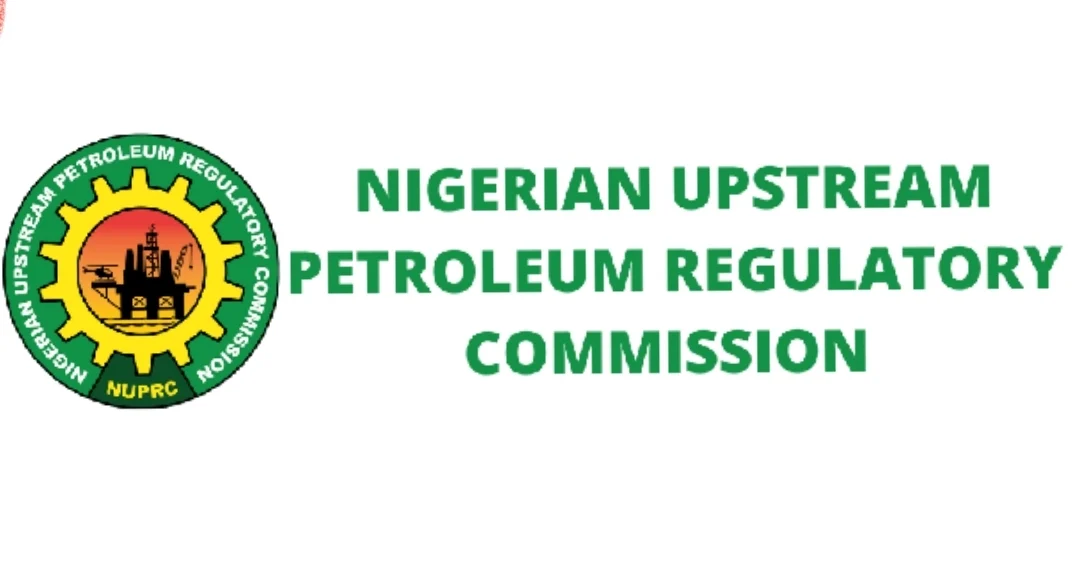
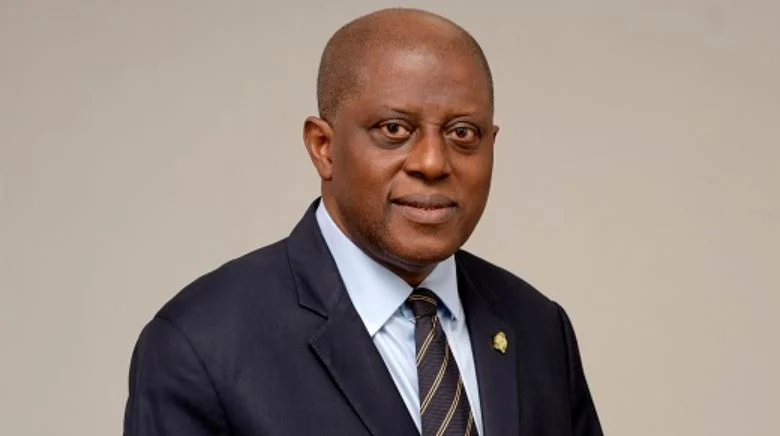
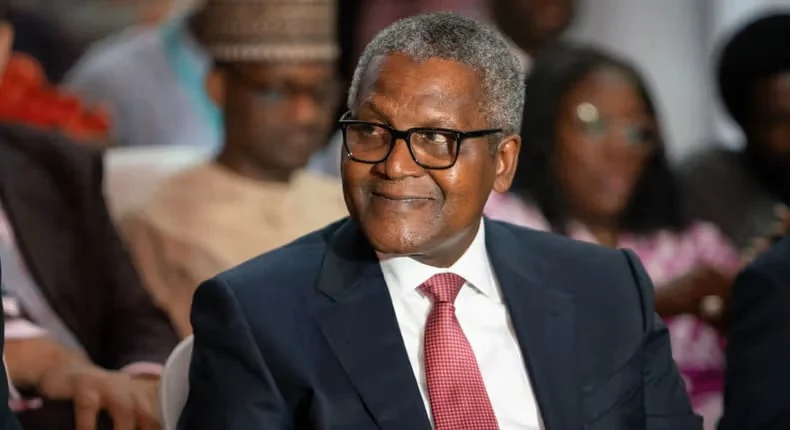
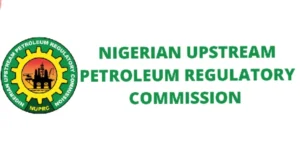

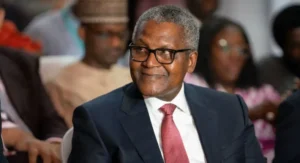

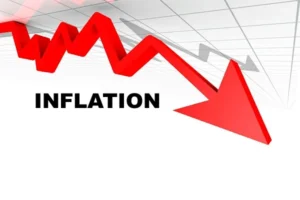
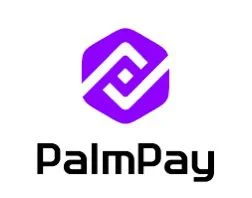
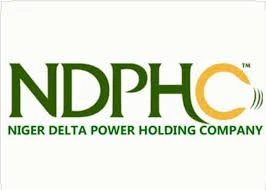

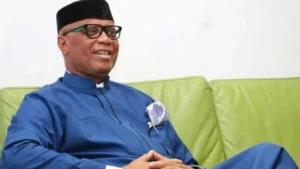
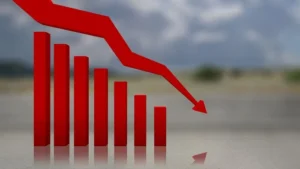
Post Comment